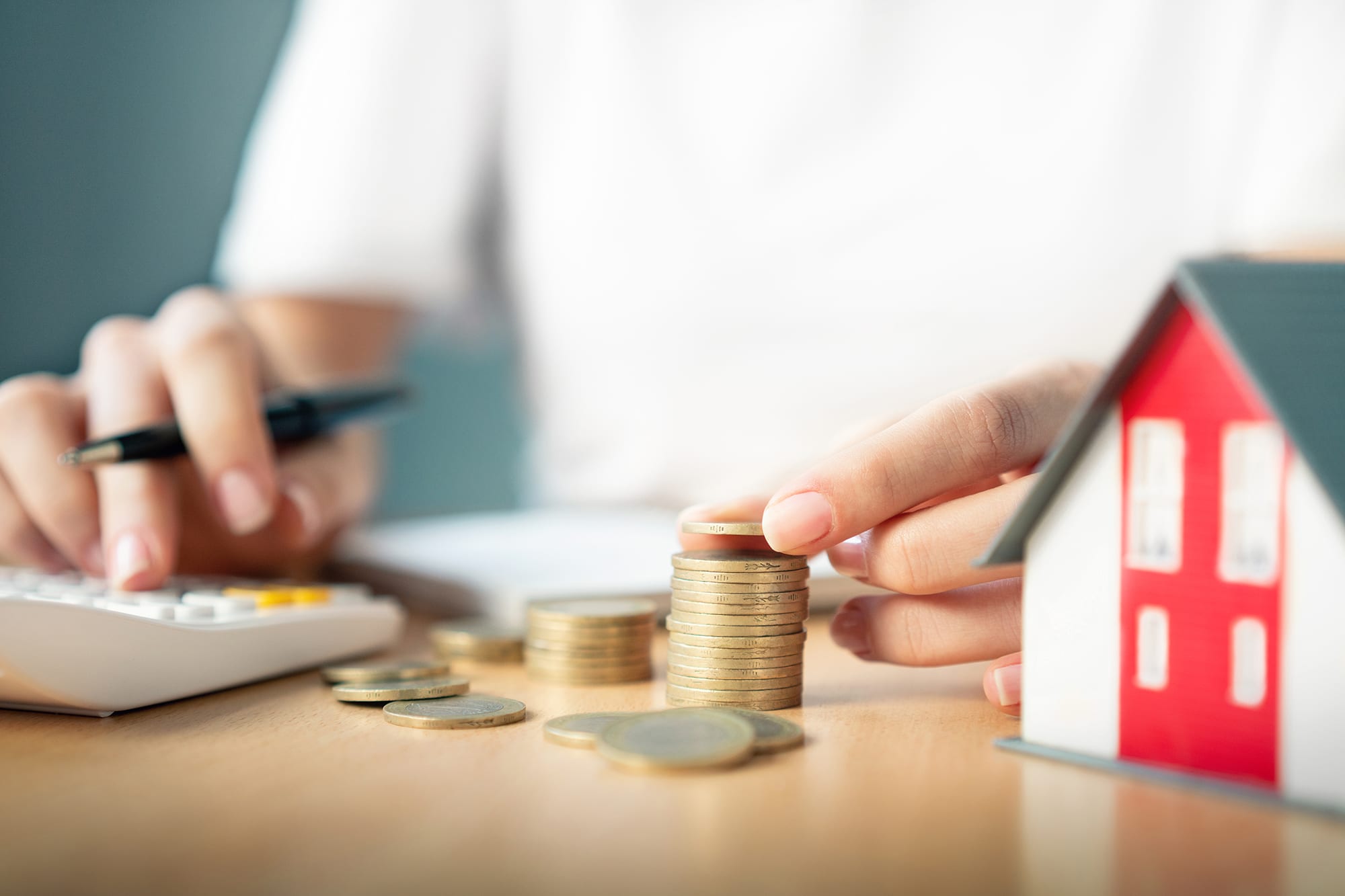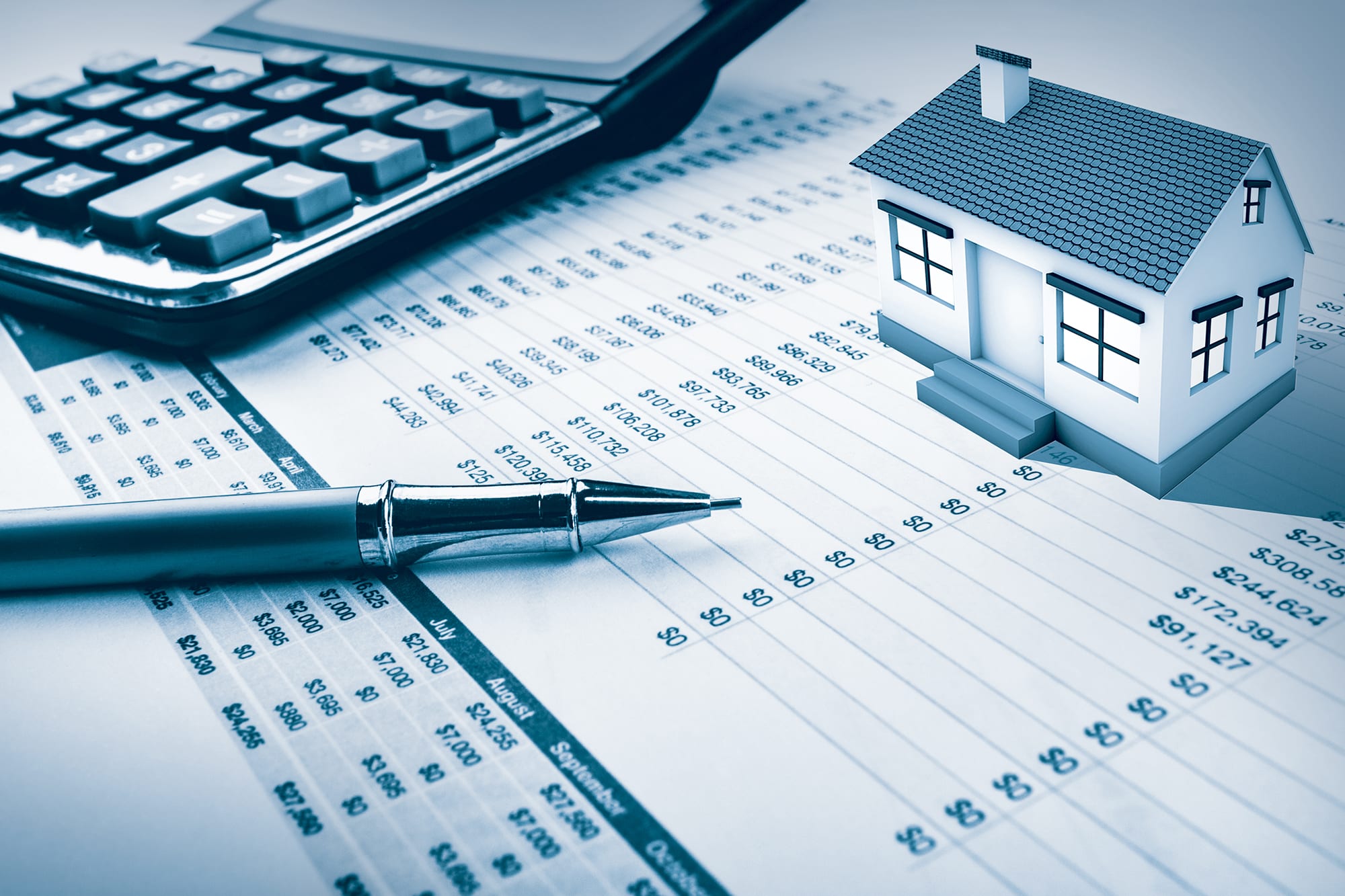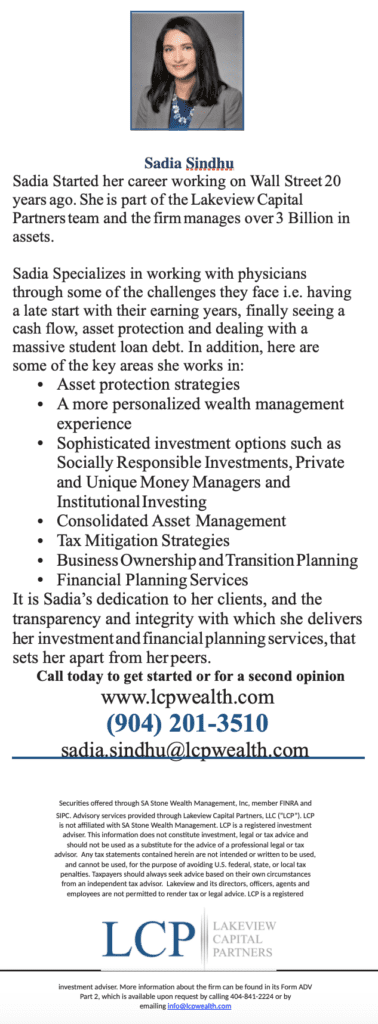If you’re a doctor and have done some research about mortgages, you’ve probably come across the physician mortgage loan, sometimes referred to as physician loans, doctor loans, etc. These special home loans are sought after because they can waive the primary mortgage insurance requirement (PMI) on mortgages when the borrower is putting less than 20% down. Aside from these special loans, the question remains: do doctors get better montage rates? In this article, we’ll take a closer look at what determines mortgage rates for home buyers, and if doctors really get better mortgage rates.
What Determines a Mortgage Rate?
There are a lot of variables that go into calculating a mortgage rate for a buyer. Every buyer is unique and therefore gets a different rate compared to someone else. Some of the variables are macroeconomic and completely out of your control. Others are directly related to you, thus giving you more leverage.
How the Economy Affects Interest Rates
The economy as a whole is something you, as an individual, have little control over. However, you can certainly take advantage of favorable conditions when they present themselves. At the time of this writing, overall interest rates are extremely low, historically speaking. Typically when the economy is struggling, interest rates are low, and vice versa. If you are in the market to buy, now is a very opportunistic time to get an unusually low-interest rate. It’s the reason the Real Estate market is booming despite the economic uncertainty brought on by Covid-19.
The Role of Location & Property Type
Everything in real estate centers around the location of the property. Depending on the state, county, fees on mortgages will vary. Mortgage companies have to factor that into the pricing of their loans and charge accordingly. A doctor can typically get a lower interest rate for a primary residence than they can on a vacation home or investment property. Single-family, townhome, and condos affect the rate as well.
Loan Amount and Loan-to-Value
This area gets into the risk factors facing the bank. The larger the loan amount and the greater the loan-to-value, the more risk the lender faces. The result is a higher interest rate. The loan-to-value is the balance of the loan in relation to the value of the home.
Debt Payment to Income Ratio
What percentage of your income is going towards debt payments? The higher percentage of your income that goes toward minimum debt payments, the greater the bank views you as a risk of default. Doctors should keep their mortgage payments under 20% of their gross income when possible.
Do Doctors Get Better Mortgage Rates?
Despite all the variables that go into determining mortgage rates for borrowers, it is, in fact, true that doctors remain some of the most attractive borrowers in the real estate market. Lending money to a doctor is considered very low risk. Lending money is all about risk. Banks have the data showing doctors are highly likely to pay back the money they borrow for a mortgage, thus they typically do get the best mortgage rates.
Are You in the Market for a Physician Home Loan? Request a Quote Today!










